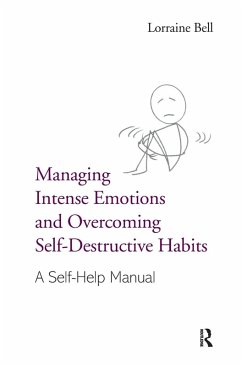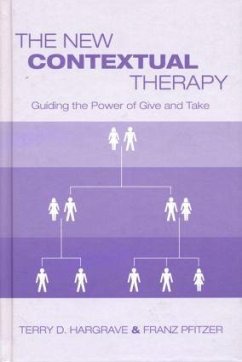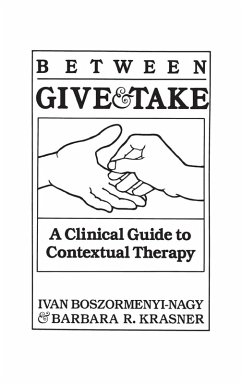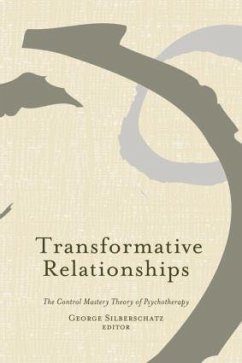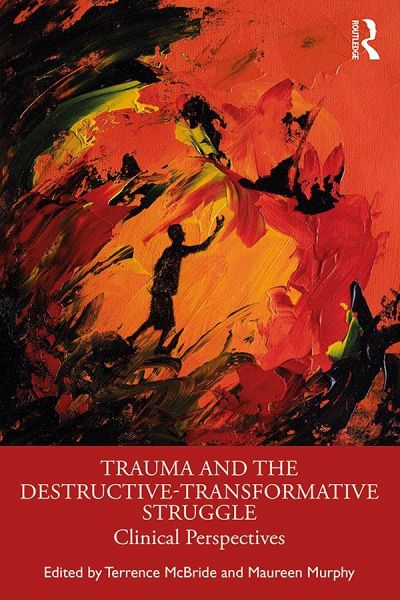
Trauma and the Destructive-Transformative Struggle
Clinical Perspectives
Herausgeber: McBride, Terrence; Murphy, Maureen
Versandkostenfrei!
Versandfertig in 1-2 Wochen
48,99 €
inkl. MwSt.
Weitere Ausgaben:

PAYBACK Punkte
24 °P sammeln!
The impact of trauma can be both destructive and transformative. This important new book presents not only a range of theoretical frameworks through which different trauma can be understood, from the effects of childhood abuse to those of war and catastrophes, but also gives readers insights into how trauma presents itself in the consulting room. In each chapter the author uses clinical vignettes and detailed case histories to discuss the multiplicity and complexity of the trauma involved, eschewing a simple binary conception of internal vs external forces. A wide range of topics are covered, ...
The impact of trauma can be both destructive and transformative. This important new book presents not only a range of theoretical frameworks through which different trauma can be understood, from the effects of childhood abuse to those of war and catastrophes, but also gives readers insights into how trauma presents itself in the consulting room. In each chapter the author uses clinical vignettes and detailed case histories to discuss the multiplicity and complexity of the trauma involved, eschewing a simple binary conception of internal vs external forces. A wide range of topics are covered, including: the lasting imprint of early trauma such as neglect or abuse on subsequent development; the somatic solution involved in life-threatening illness; unmetabolized mourning and embodied memory; the vibrating relationship between catastrophic external forces such as intergenerational effects; and the 9/11 terrorist attacks and the lasting effect of war on combatants and their families. Each chapter is screened through a different theoretical viewpoint, from Freud and Fairburn to Winnicott, Bion and Ogden, while the work of several contemporary theorists is also discussed. Crucially, the final section of the book looks at those issues faced by analysts when working with traumatized patients, highlighting the key idea of dissociation, the dilemma around empathy and the factors that affect the patient's unconscious meaning. Trauma and the Destructive-Transformative Struggle: Clinical Perspectives illuminates the resilience needed by both patient and analyst. It will be a vital resource for both clinical practitioners specializing in trauma and psychoanalytic researchers in the field of trauma studies.







